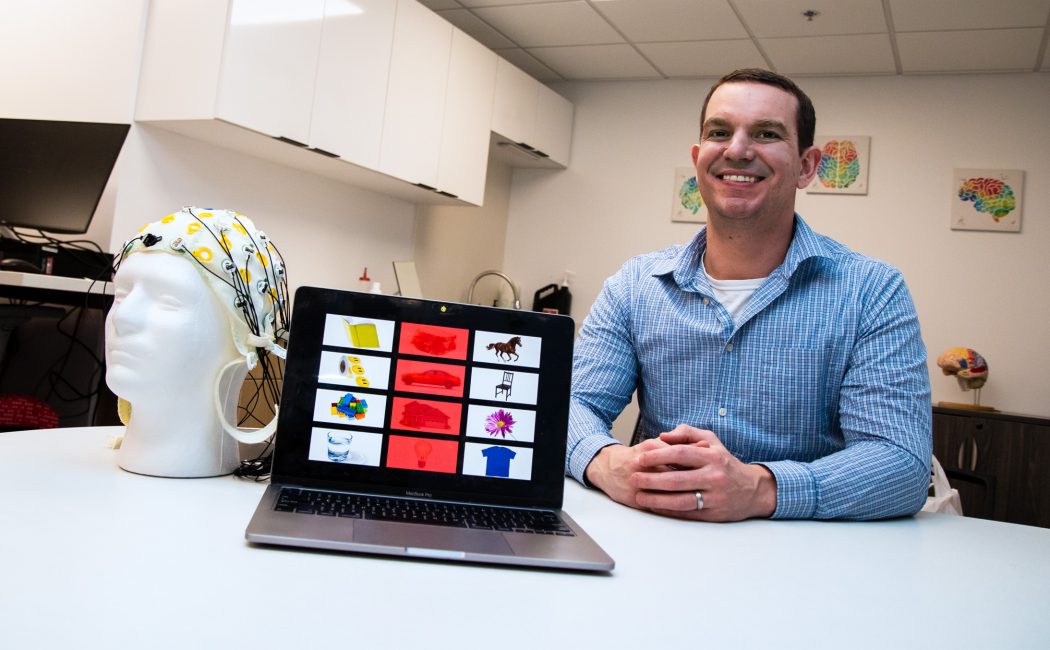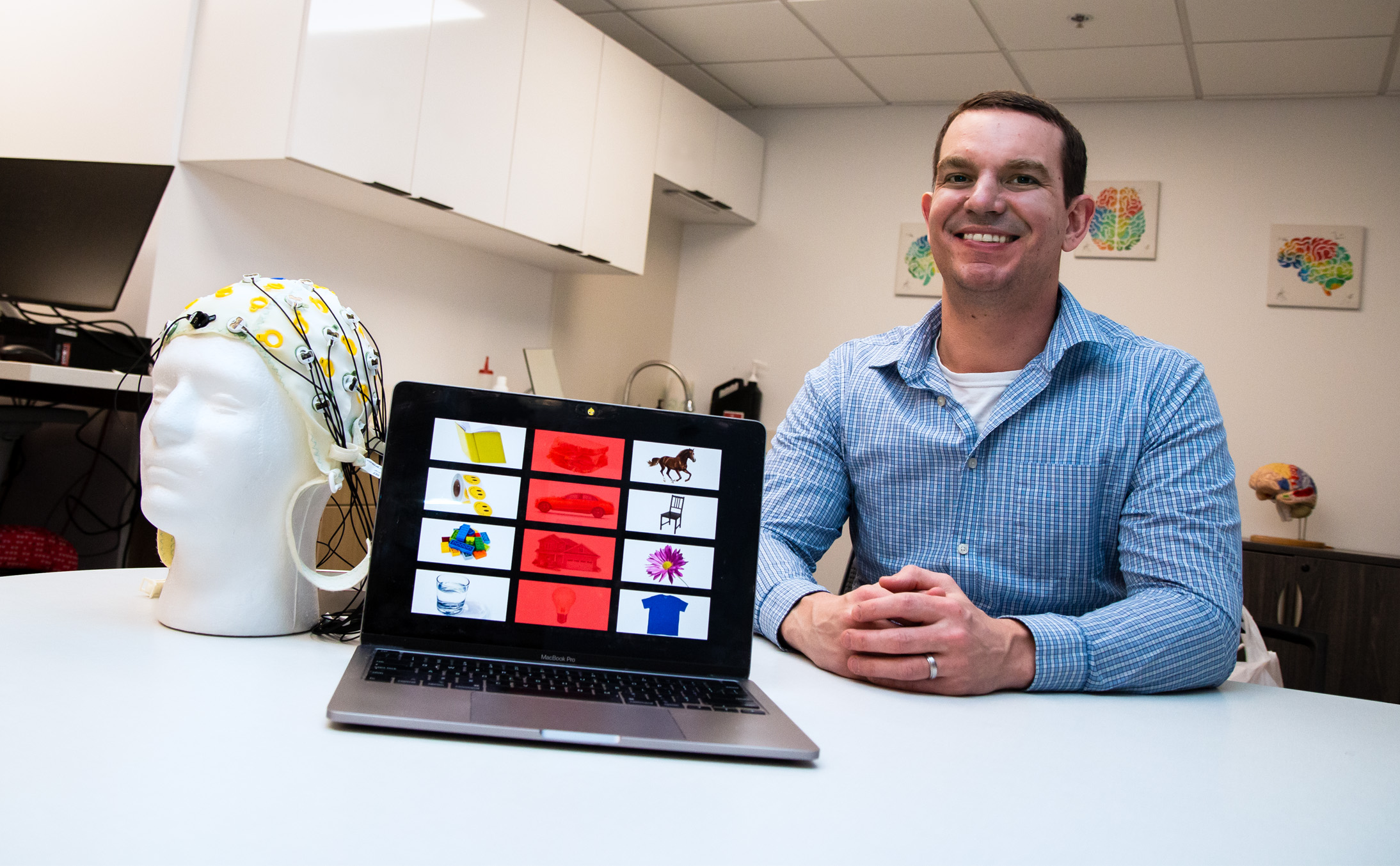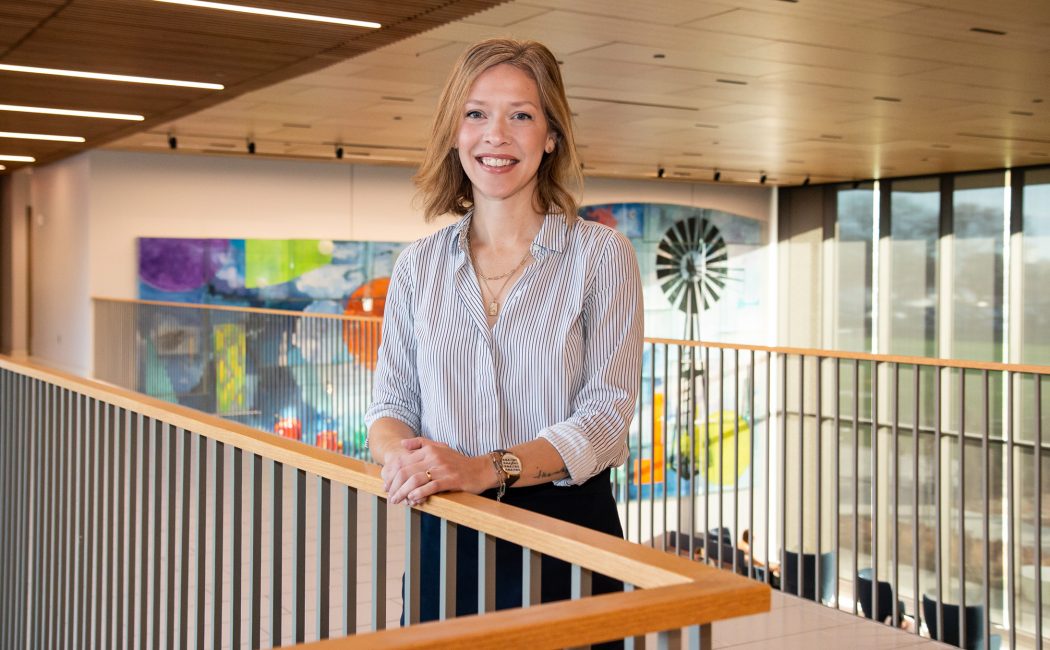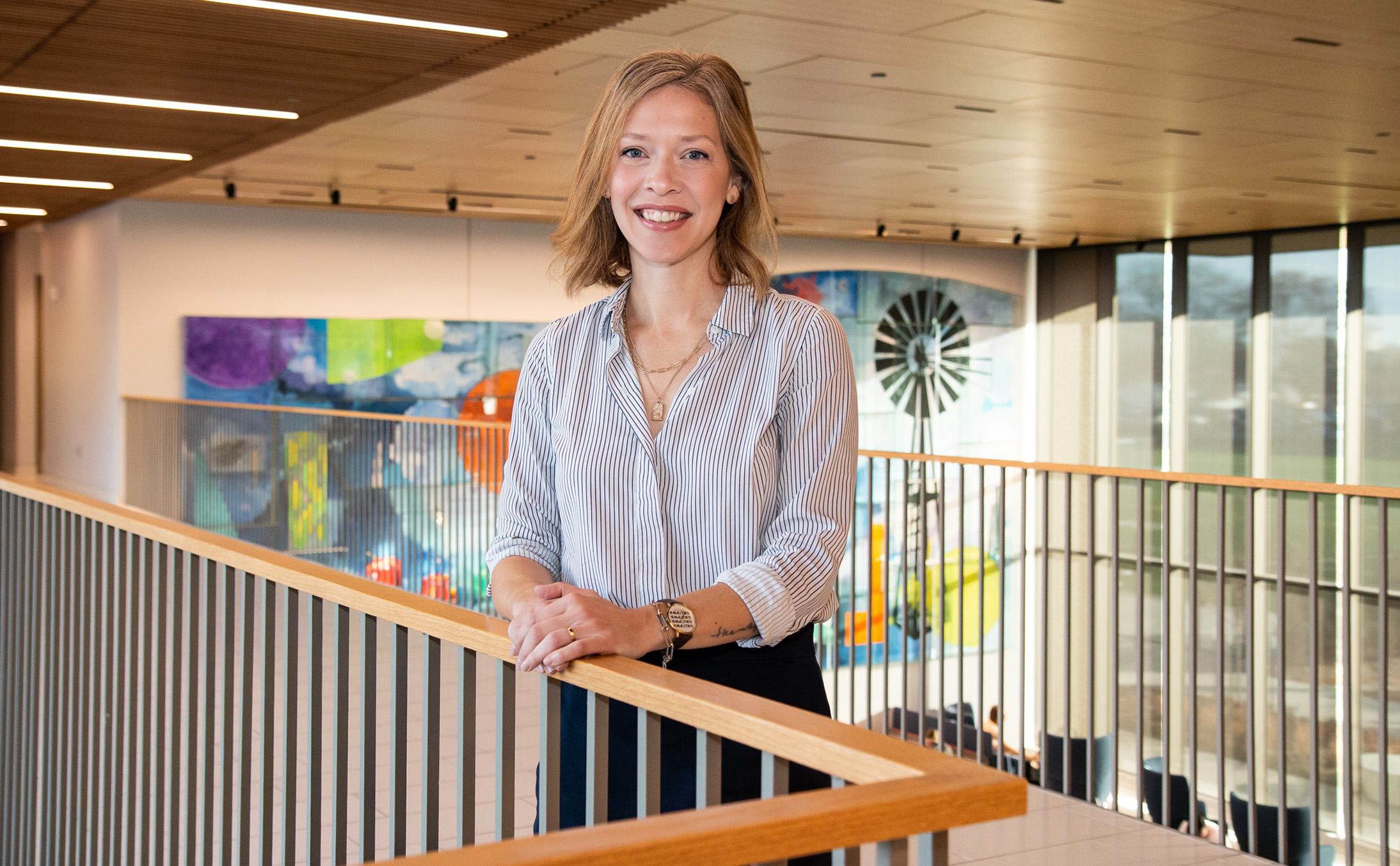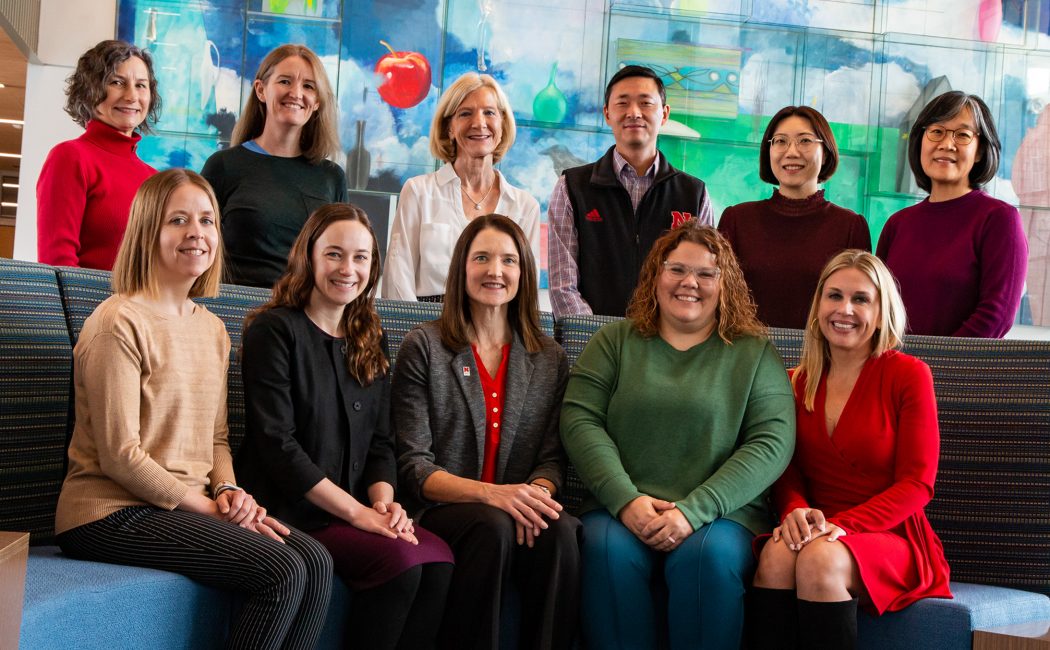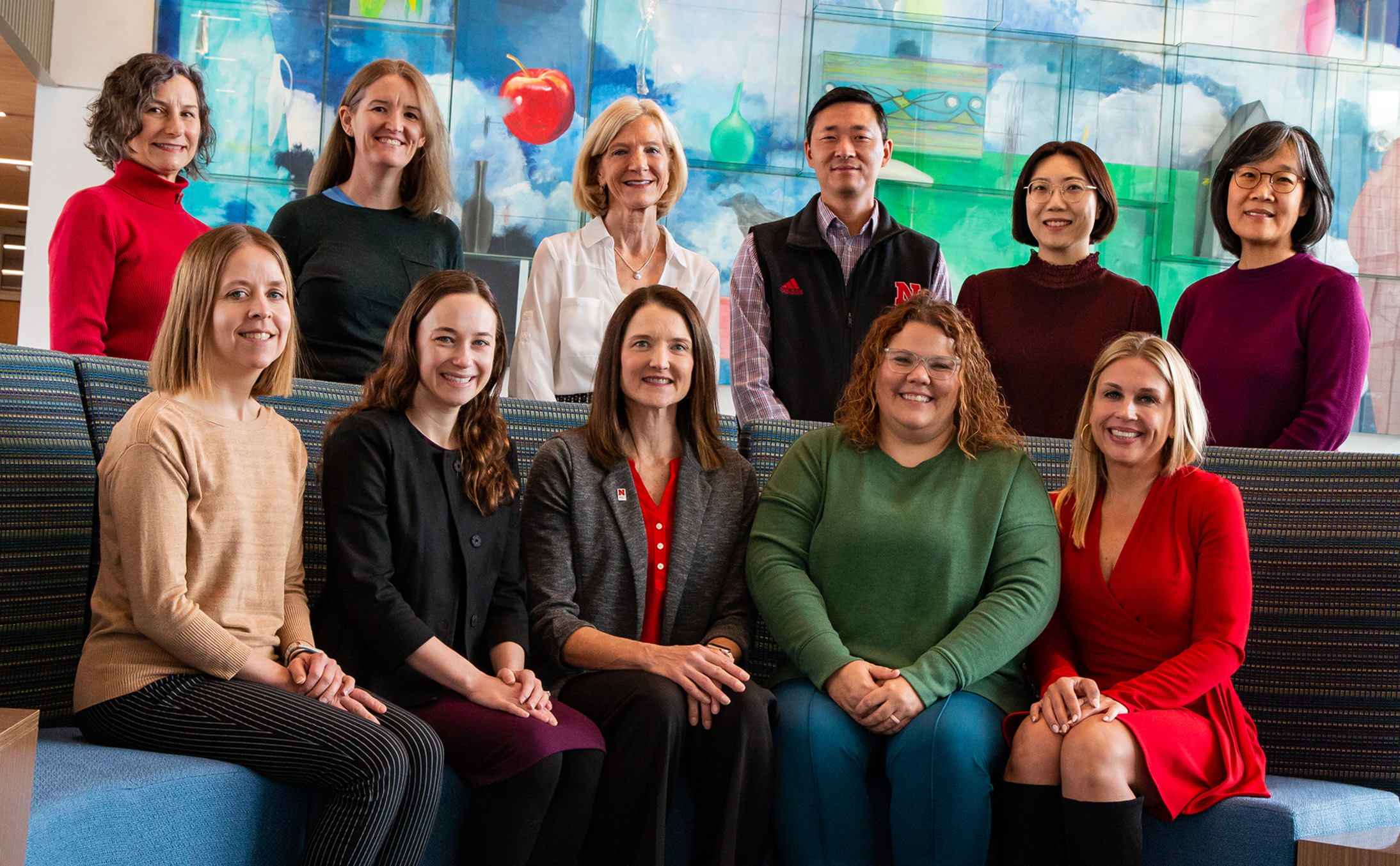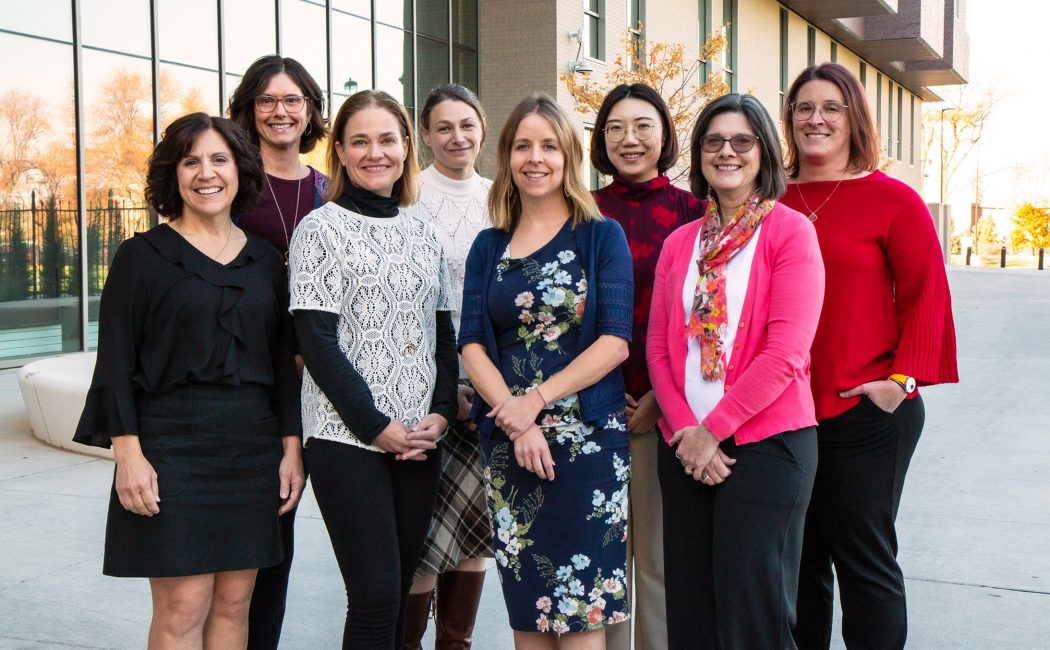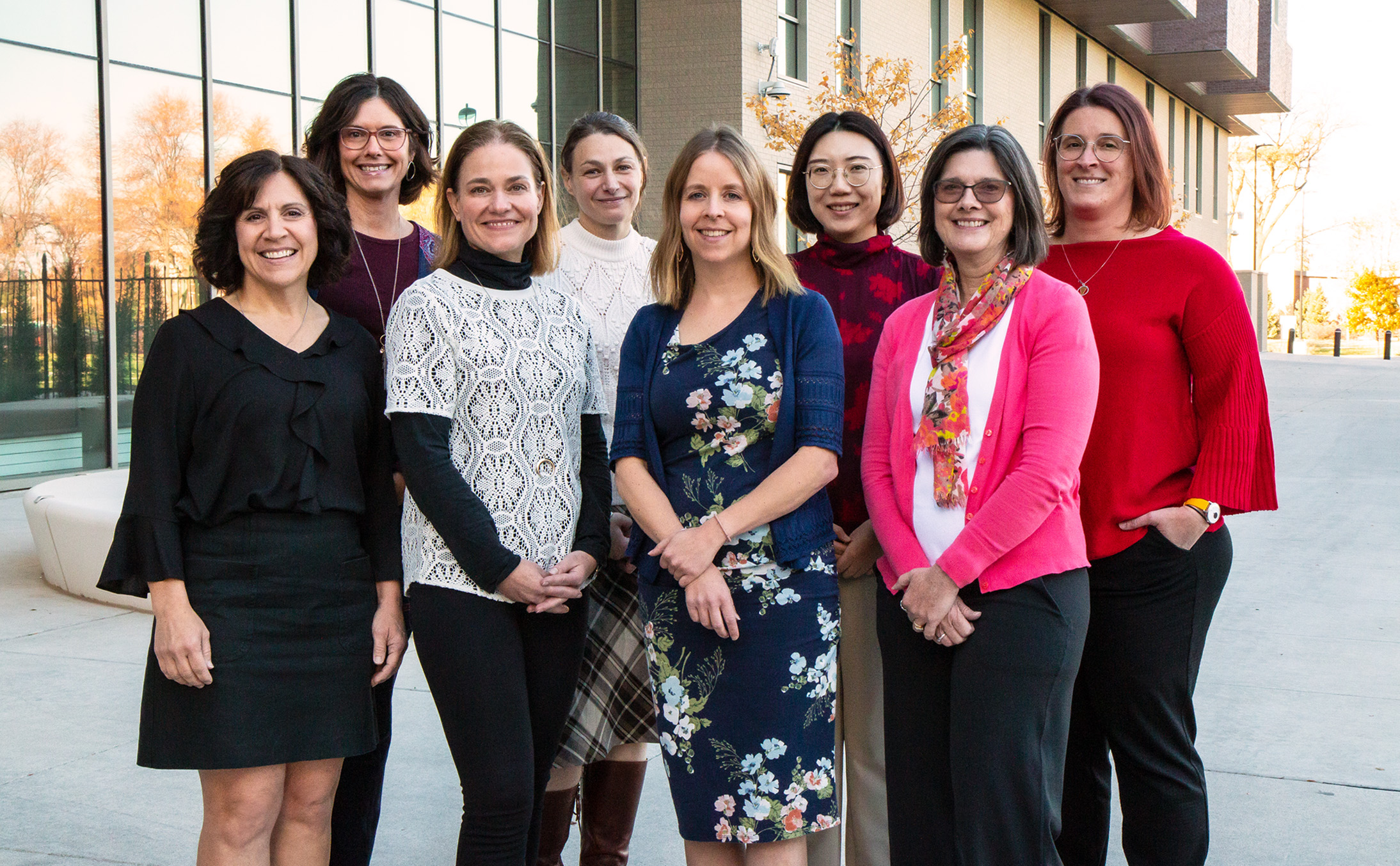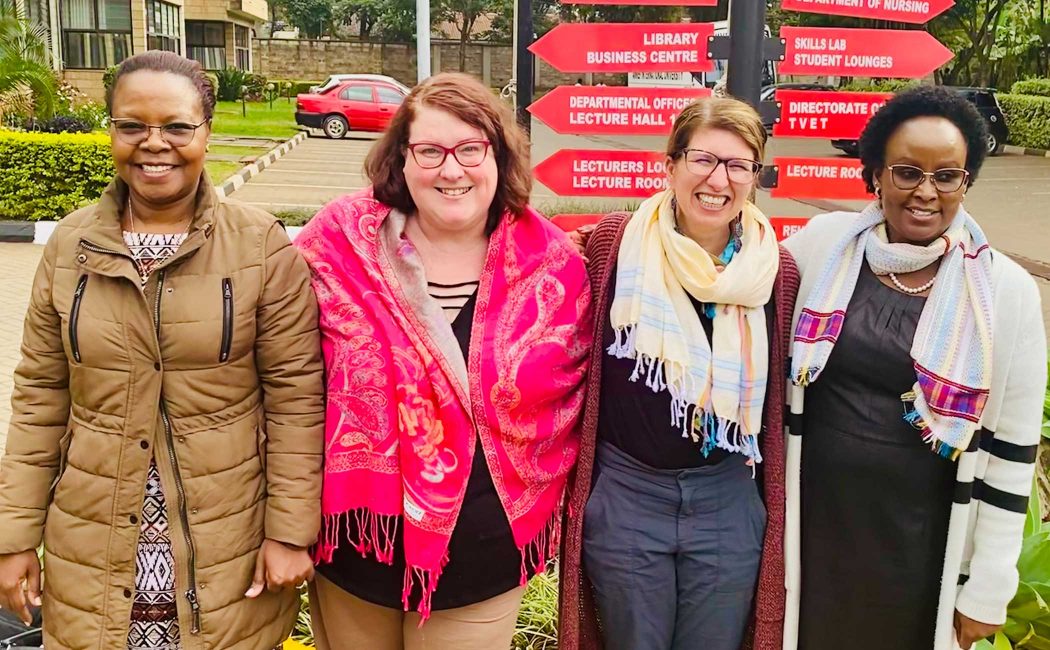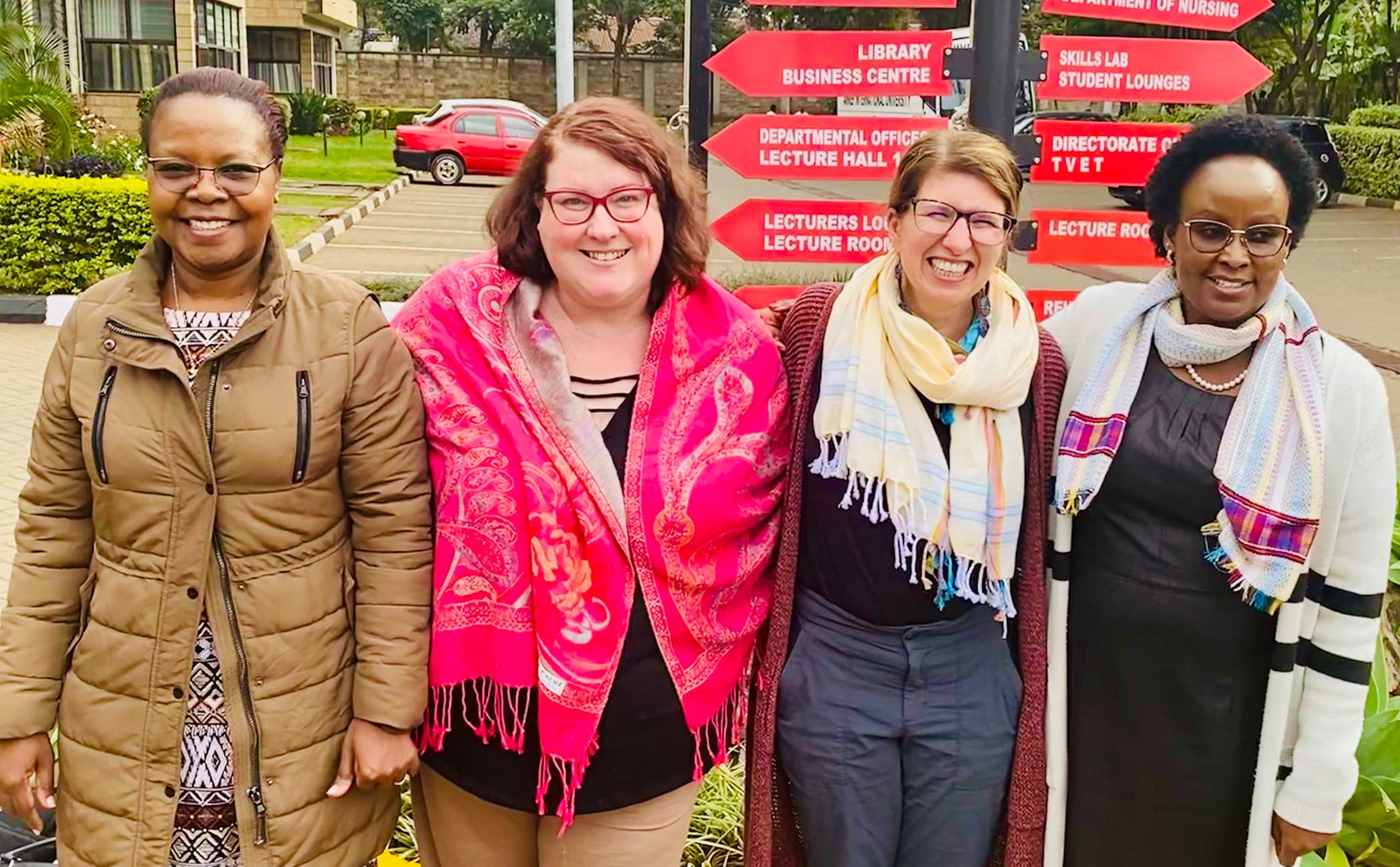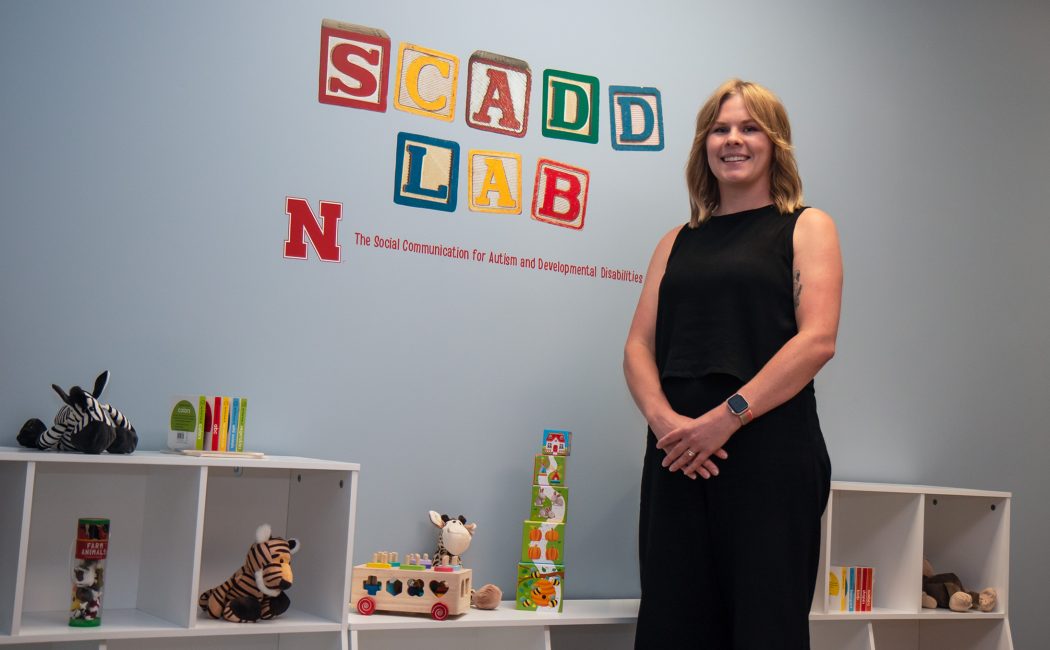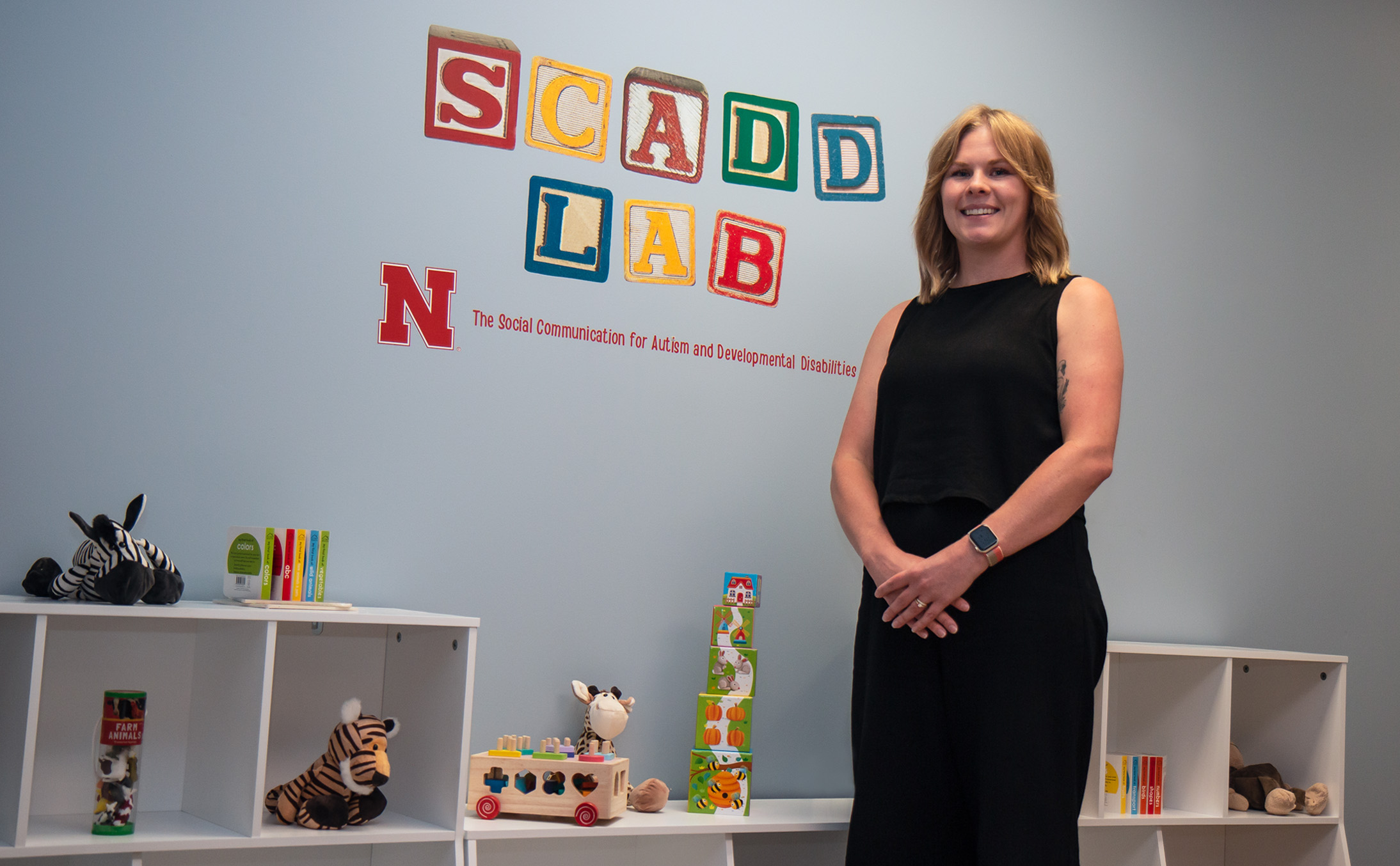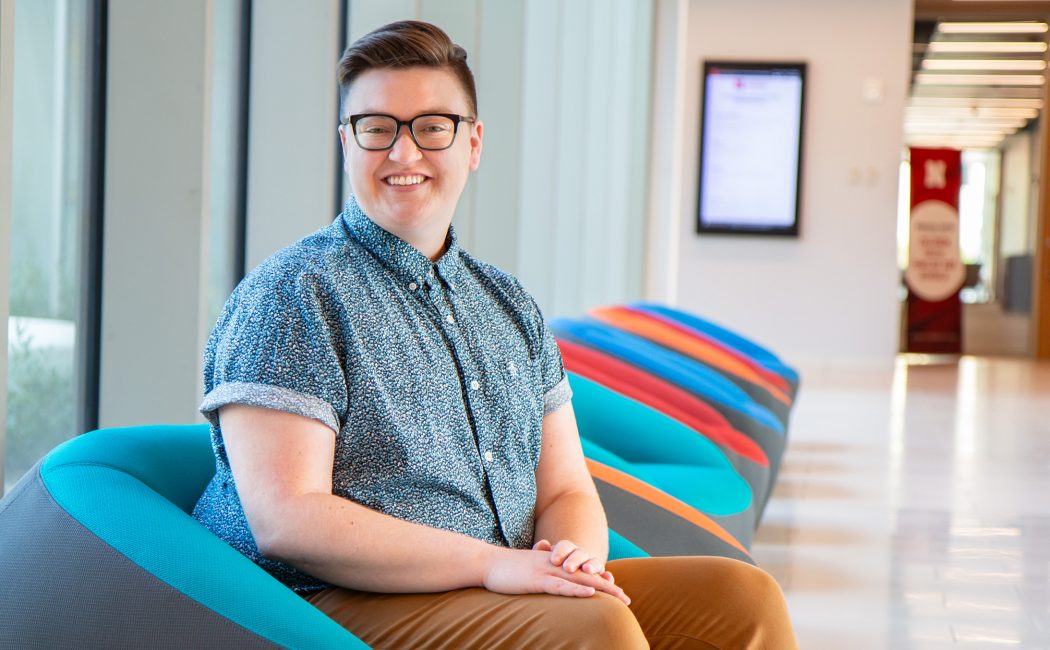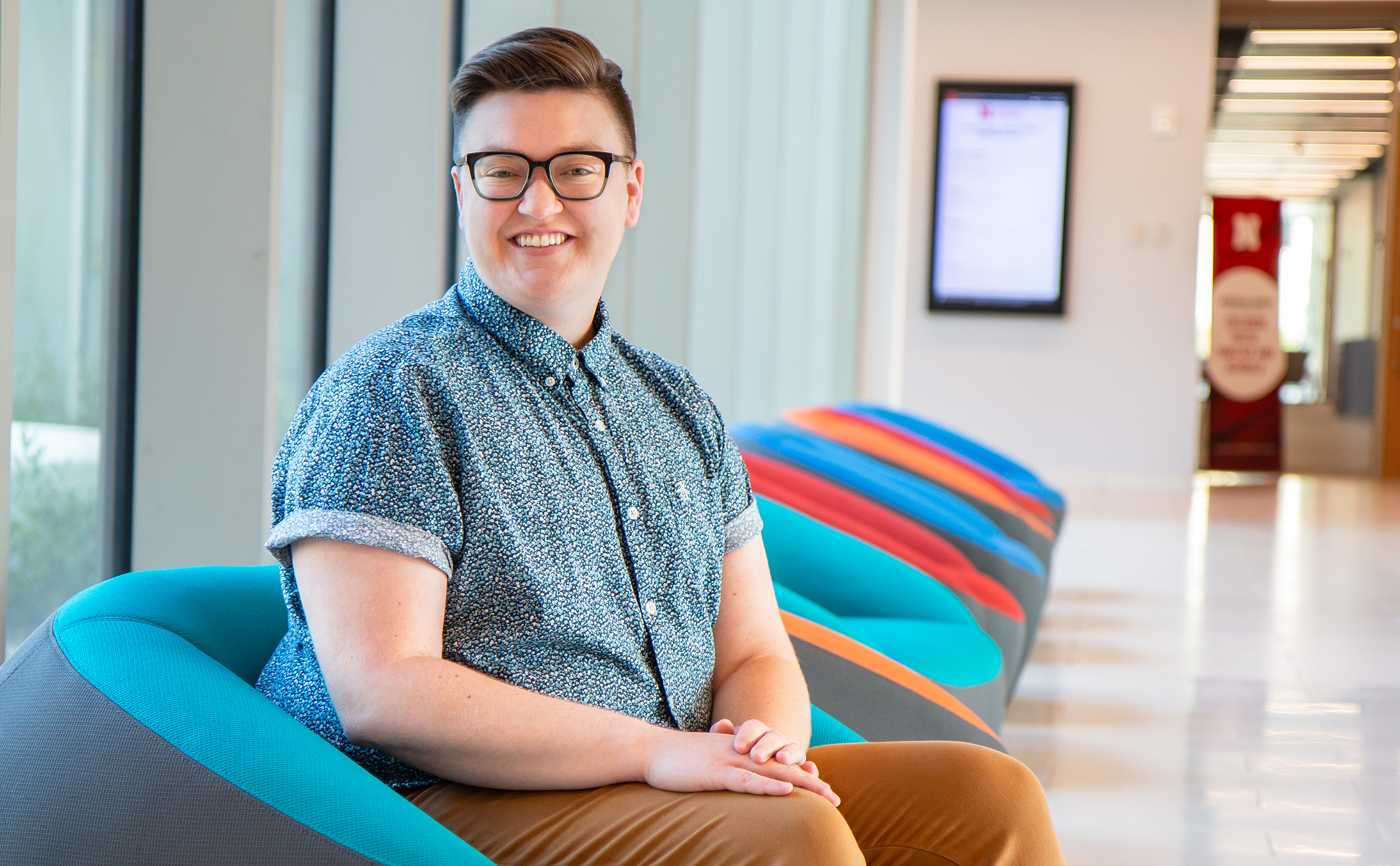
Public opinion toward poverty in the United States — and financial assistance from the government — is divided.
According to research, many Americans support federal spending on assistance to the poor, but not federal spending on welfare.
To better understand this disparity, a pilot project led by Jamy Rentschler, MAP Academy postdoctoral fellow, and Brandi Woodell, UNL graduate and current Assistant Professor at Old Dominion University, are exploring how people determine a person’s deservingness of receiving financial assistance, and the types of assistance they view as acceptable.
